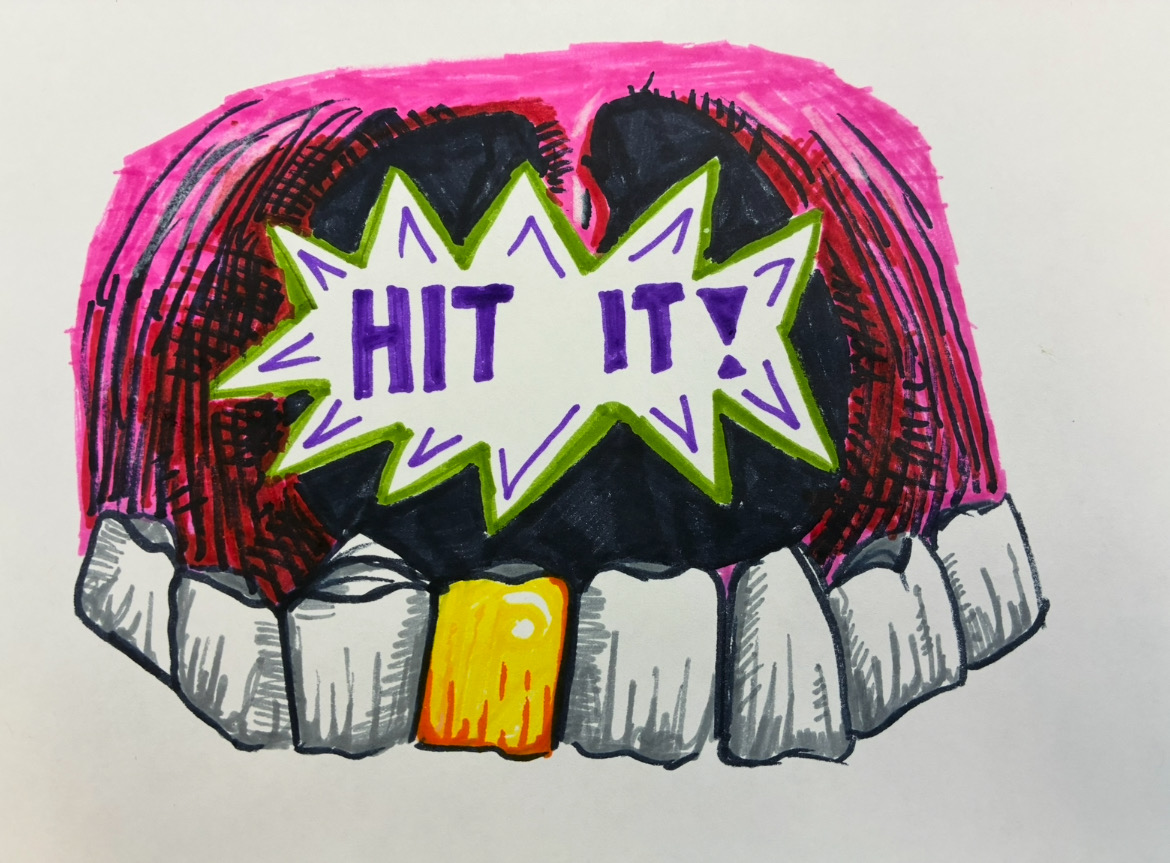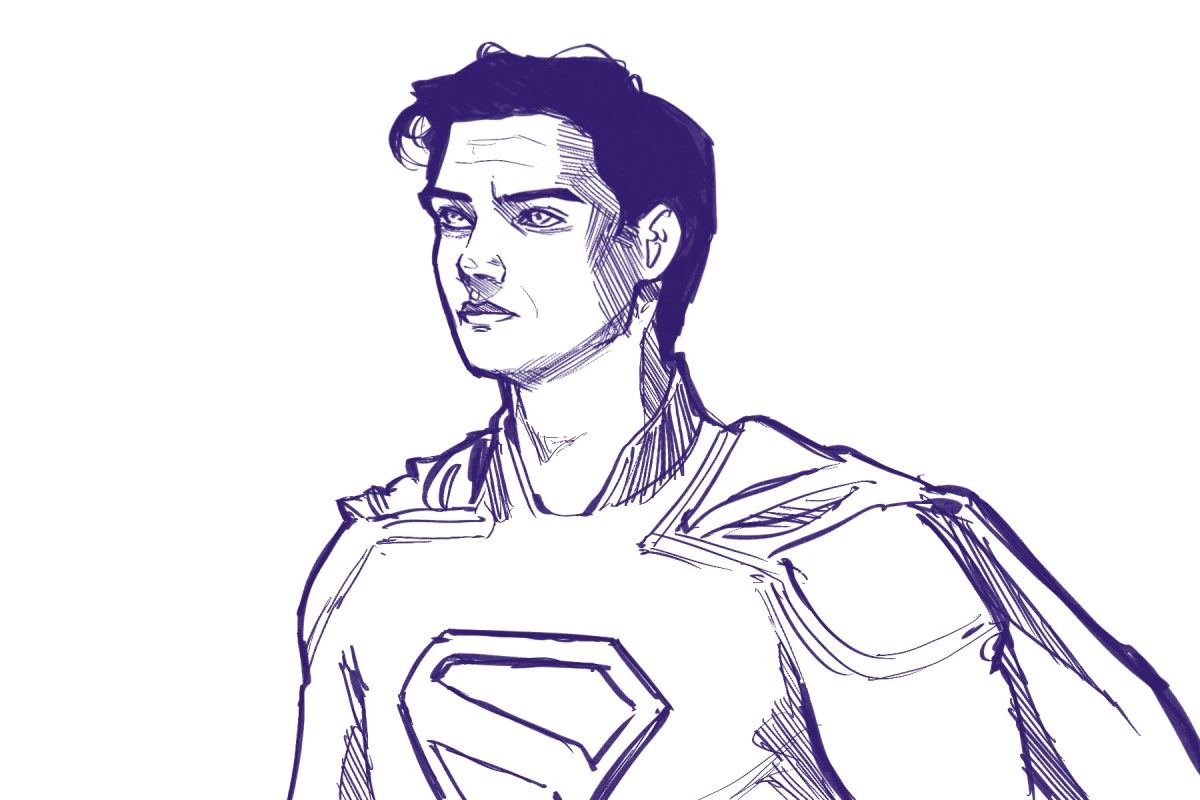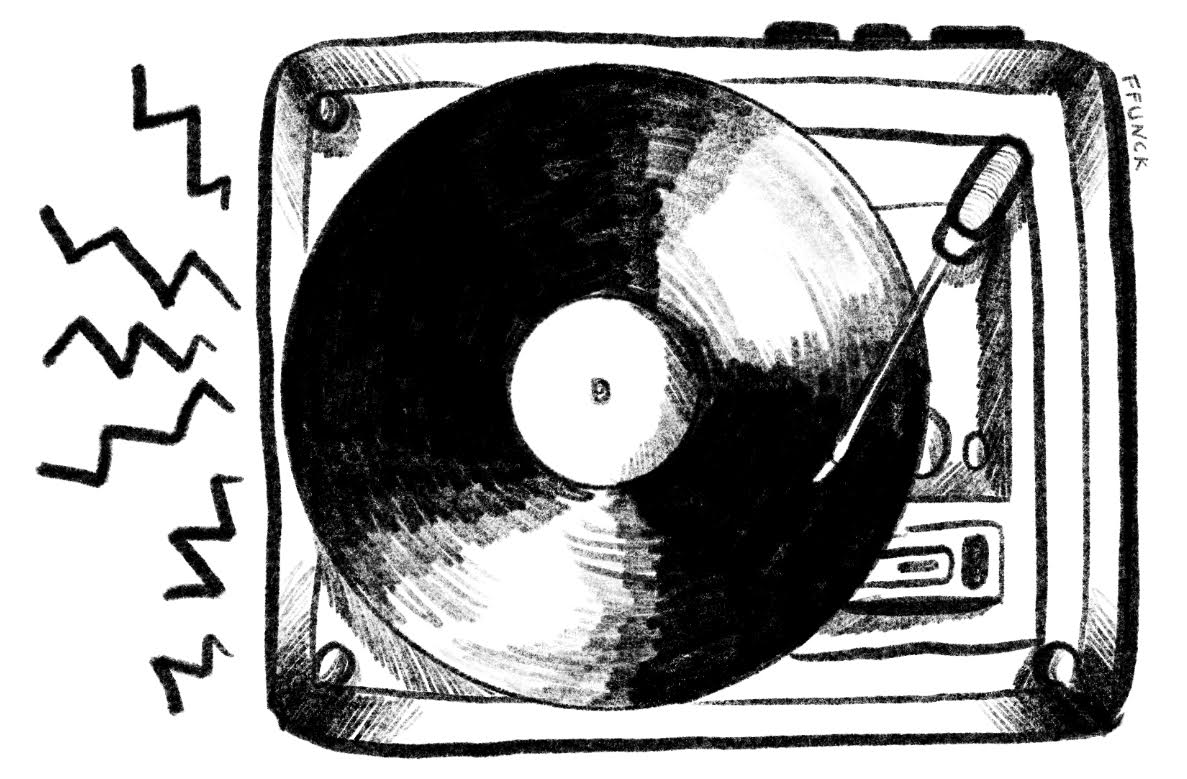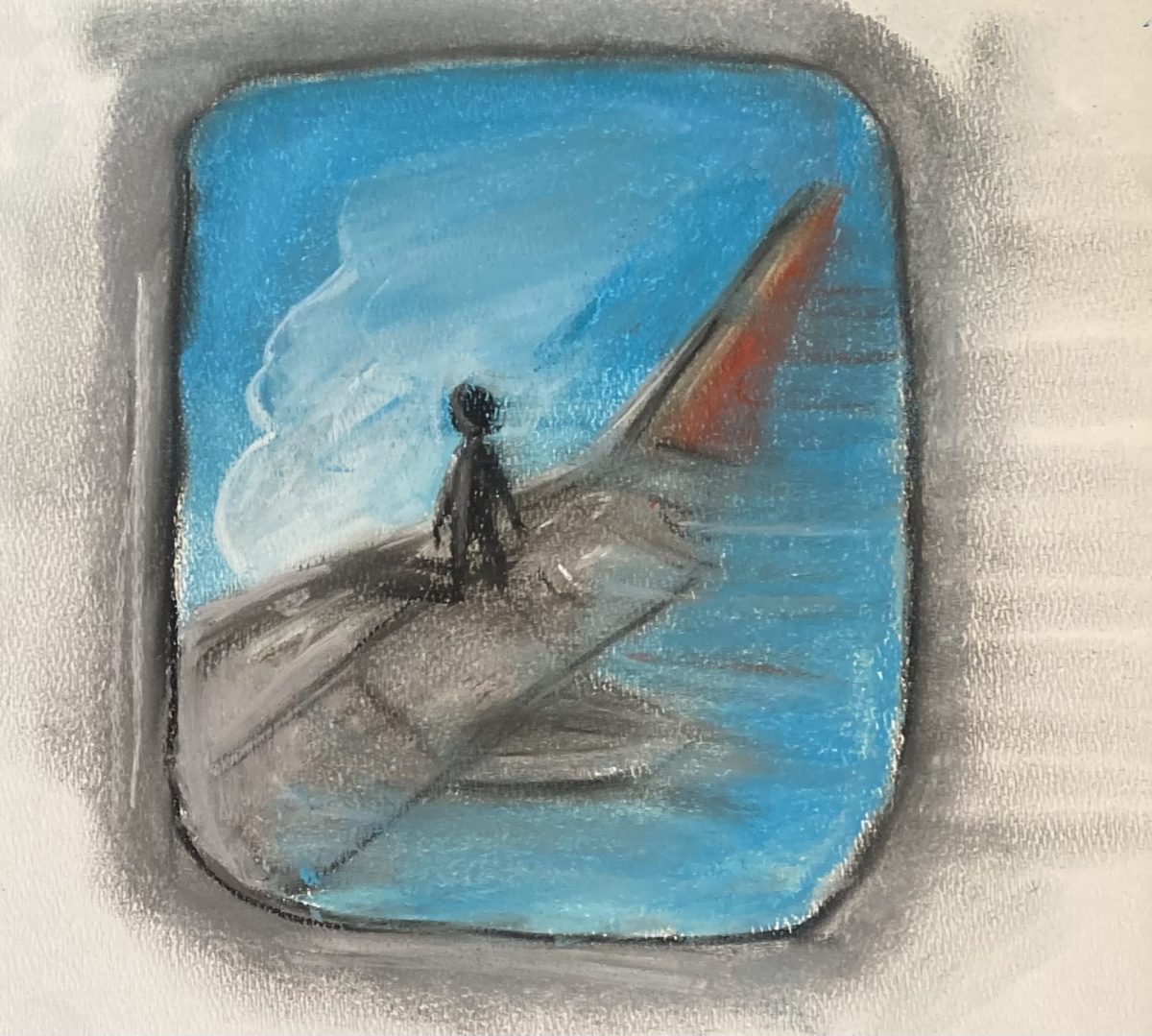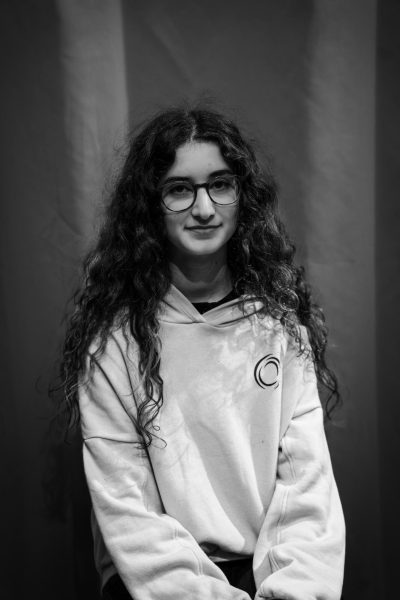Over the years, our relationship with the Harry Potter series has not been easy. The series has never treated us well, despite our avid readership of it. It is not as though the series is awful, rather the ideologies and events go against our own beliefs. We bonded with the plots, but never the characters; the storyline, but not the details.
First of all, everyone in this series was annoying, particularly Harry Potter. No matter how many rules Harry breaks, or how cruel he is to other students and teachers, he is portrayed as doing it for the greater good. Harry, it seems, takes this hero treatment to heart, and cares little for others. While half of the cast dies trying to save him, he continues his life with little of the trauma one might expect from a boy who has seen countless friends die before his eyes. Instead, he continues to endanger all of those around him, undergoing very little character development.
Even more issues arise when examining Hermione, who is looked down upon from the very first moment she is introduced. Hermione, a brilliant 11-year-old girl, admittedly lacking some social tact, is vastly despised. In order to gain acceptance, she learns to tone down her intelligence, and allows Harry and Ron to cheat off of her. While this message is already a harmful one, it becomes even worse. Hermione is initially criticized for her frizzy, curly hair, which she notably tames during the Yule ball, the only point where she becomes seen as beautiful. We have the same curls as Hermione, and her story told us that our hair was not pretty, and furthermore, that the only way to gain attention and popularity was to dumb ourselves down, and to change the way we dress and look. Neither Harry nor Ron had to go through any kind of physical transformation to gain love or respect, but it was only during the Yule Ball that Ron fell for Hermione, not during the years he had come to know her as a person and friend.
Lastly, while Harry Potter is popular worldwide and has gained support by a diverse group of individuals, the series itself is quite the opposite. Its predominantly white cast of characters, particularly among the main protagonists, emphasizes the lack of racial diversity within Hogwarts. This shortfall can reinforce stereotypes as evident by limited roles of characters of color, erasure of LGBTQ+ identities, and exclusion of marginalized voices. The non-white characters in the series, such as Cho Chang, Kingsley Shacklebolt, and Dean Thomas, were often relegated to peripheral roles and tokenistic representations –their presence an afterthought rather than an integral part of the narrative.
At the end of the day, Harry Potter will never truly leave us. The books comprised our entire elementary school experience, with one of us obsessing over Bertie Bott’s jelly beans and the other playing with Harry Potter flashcards every single afternoon (one of us was definitely more passionate about the series). Yet, despite the deep nostalgia that Harry’s magical world brings, this fantasy also has many issues embedded within it. While the author’s hateful ideals are widely condemned, the problems within her writing haven’t been, and we find these important to acknowledge.


